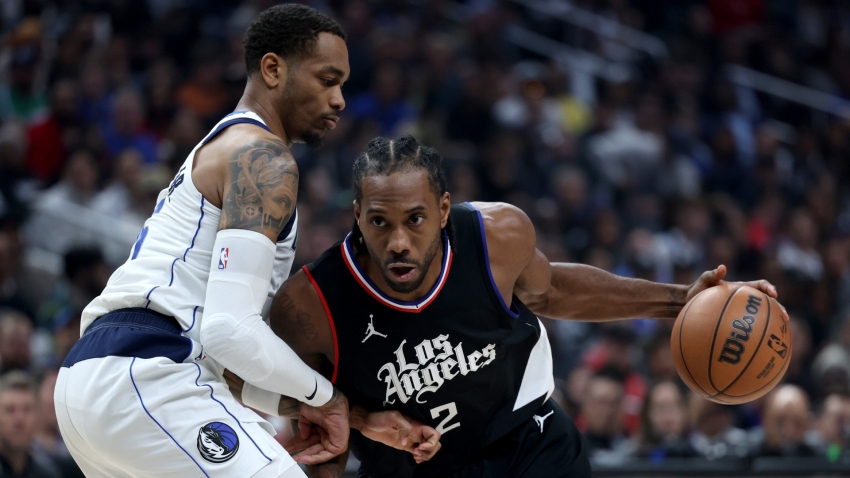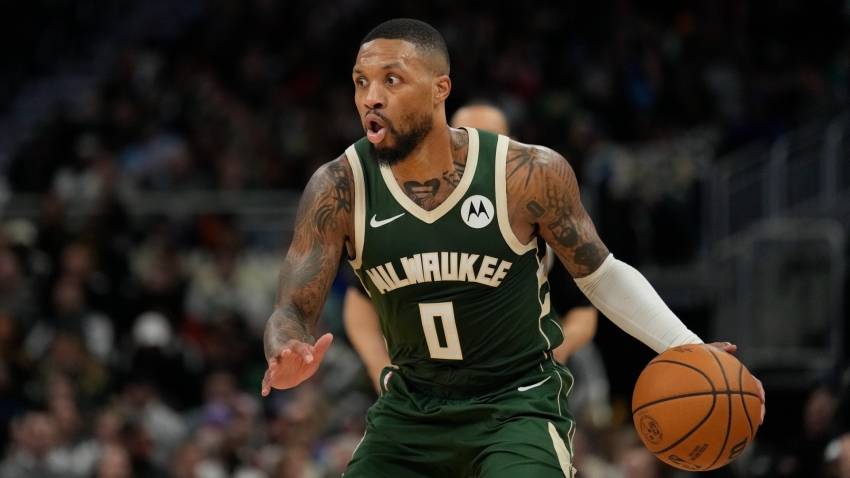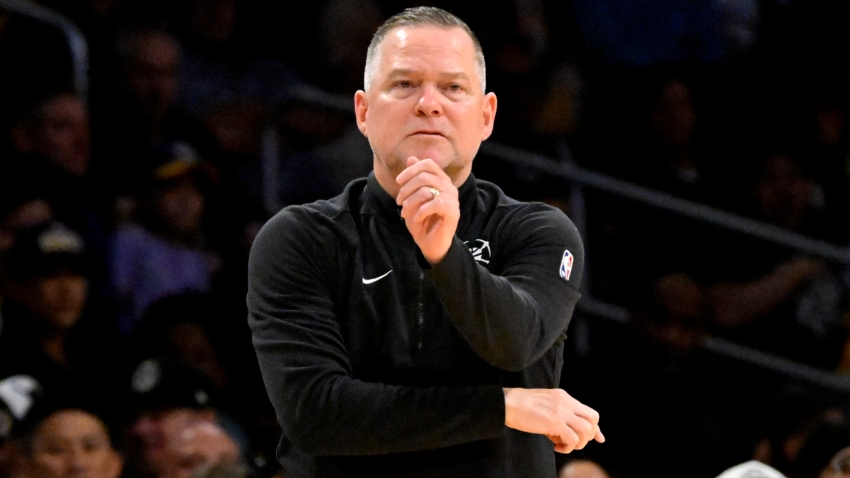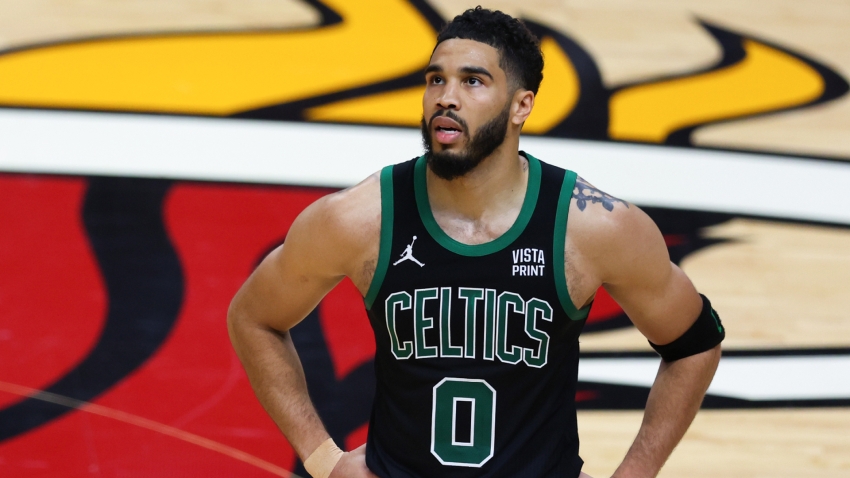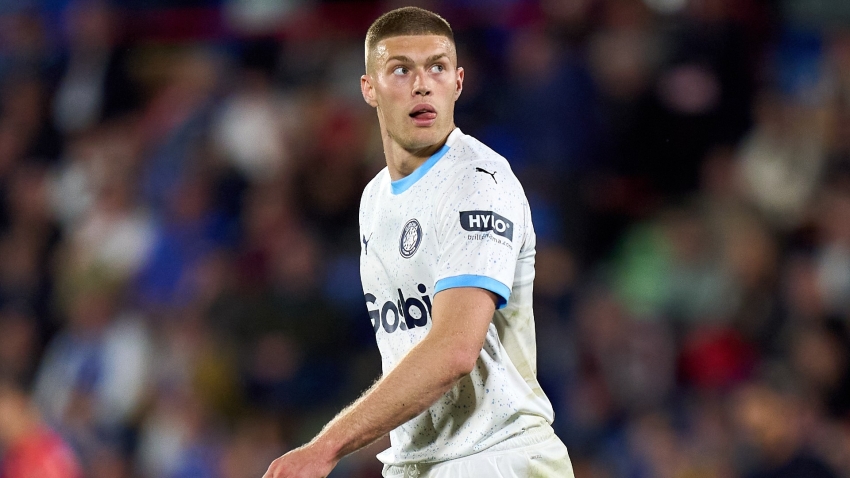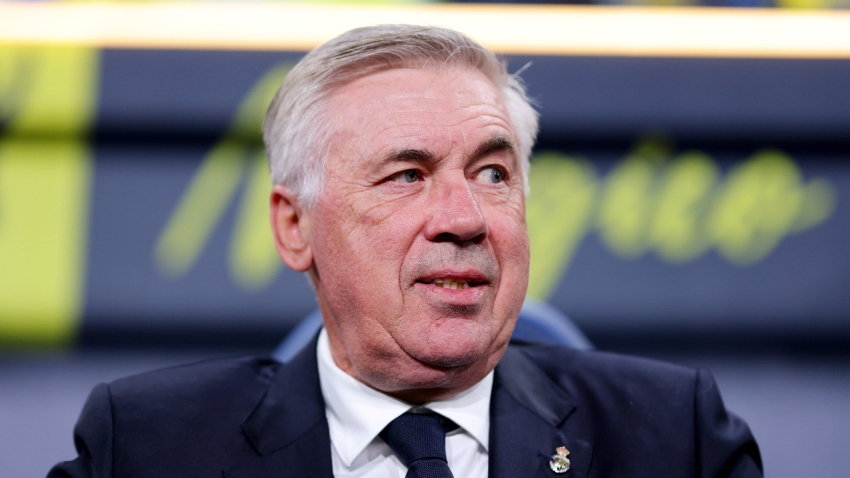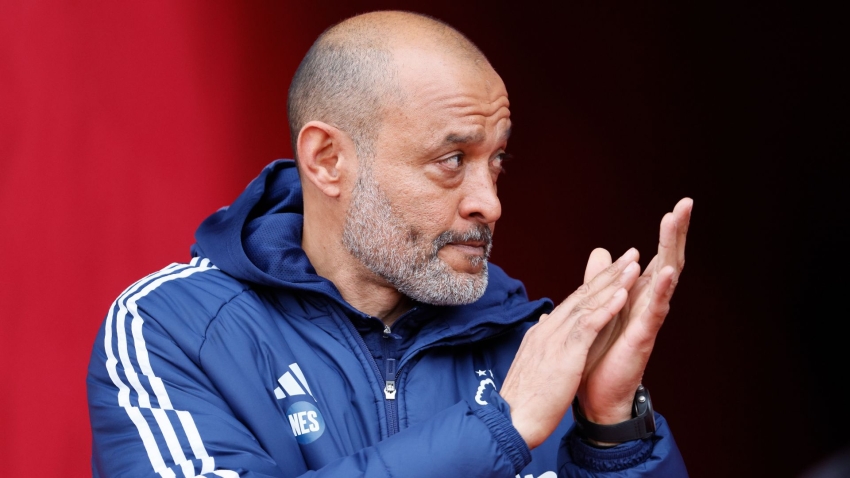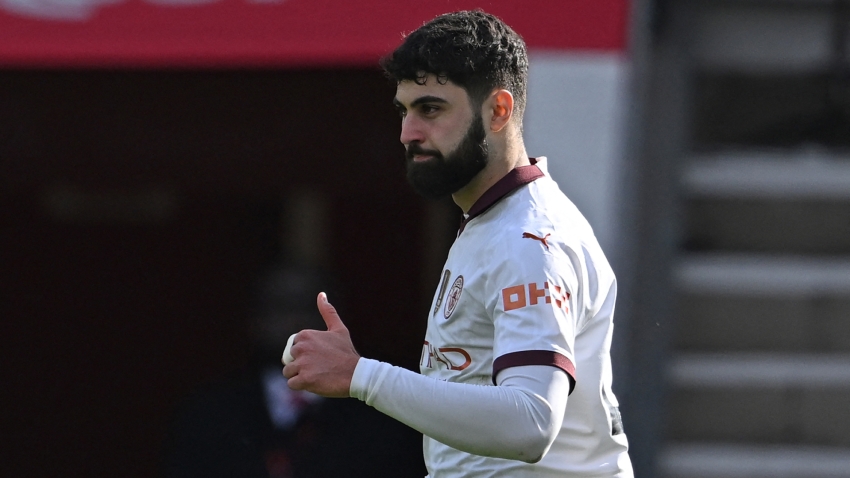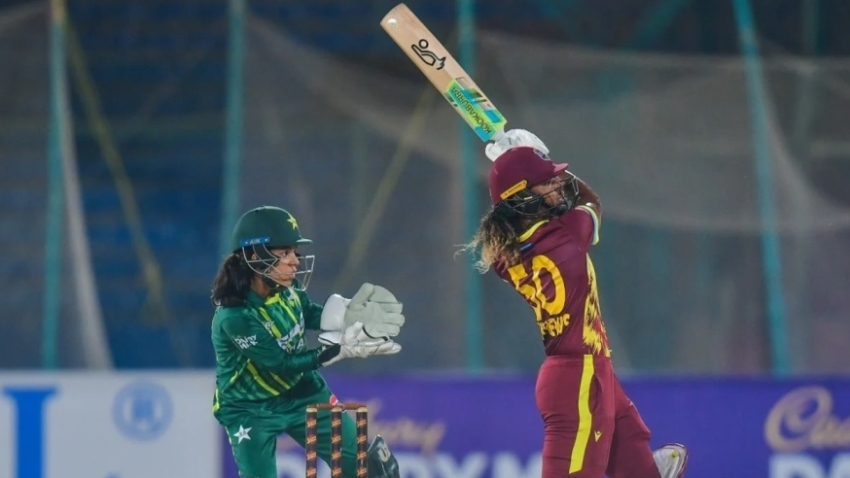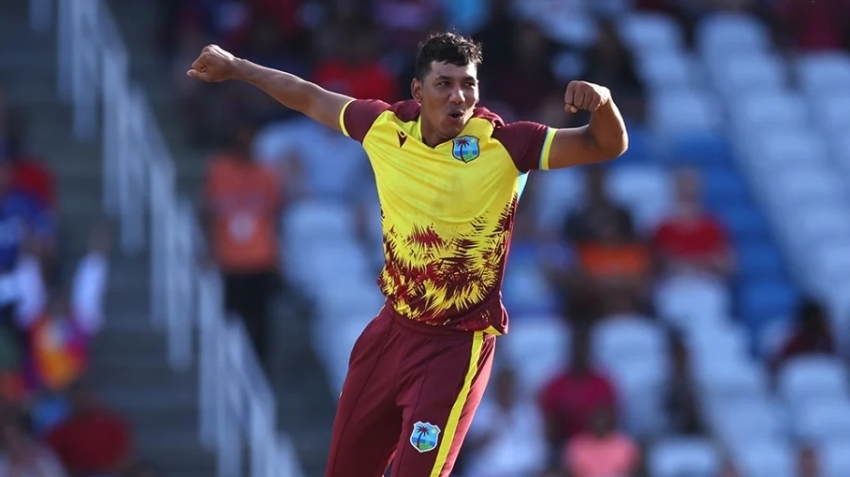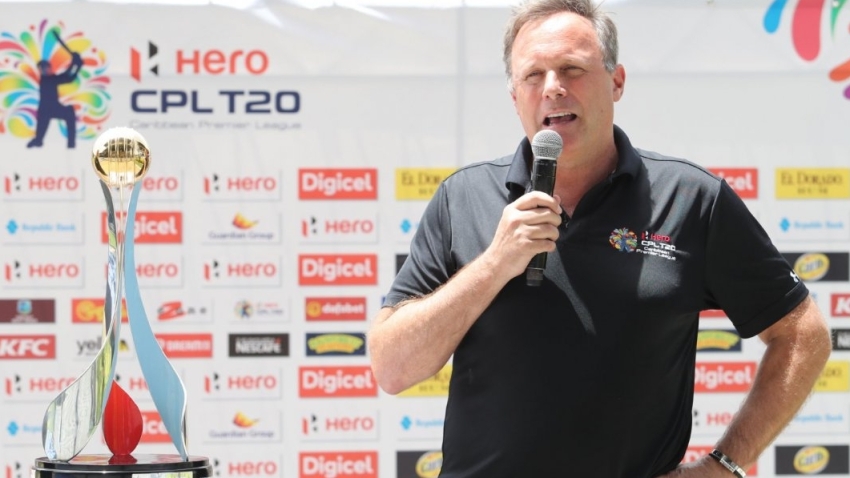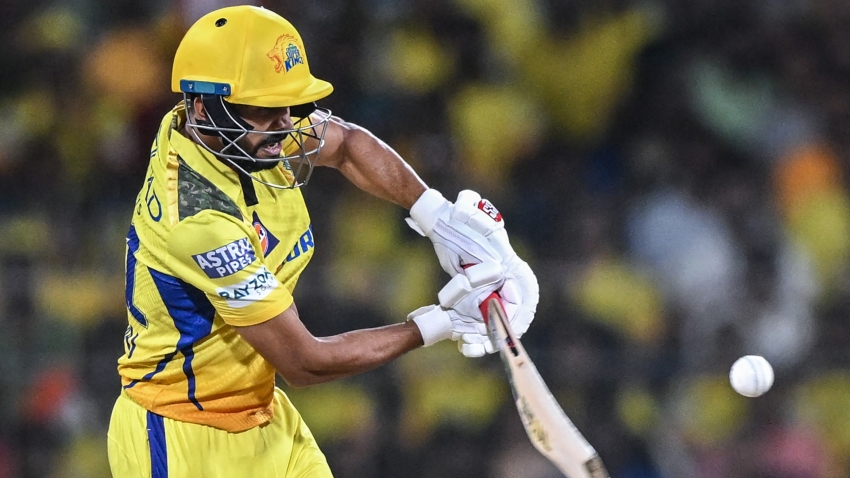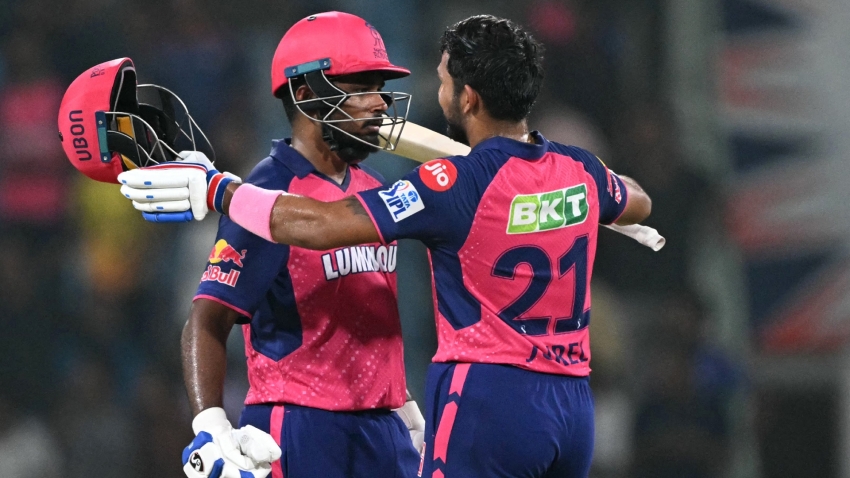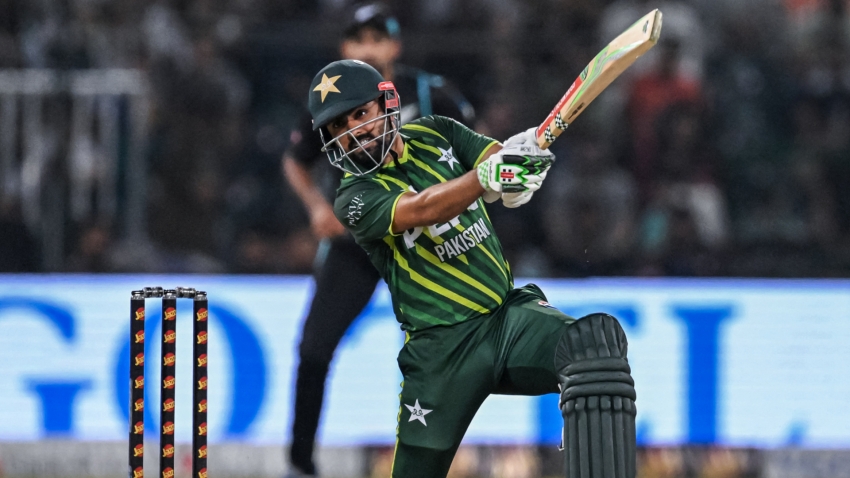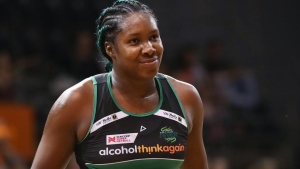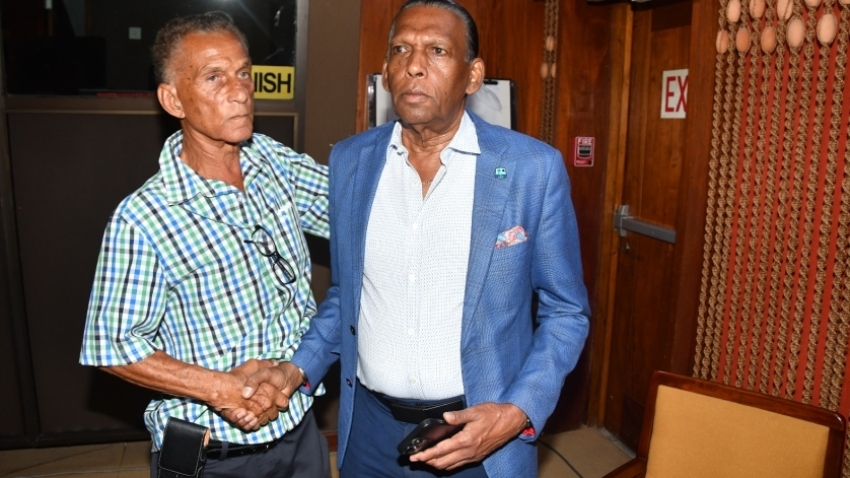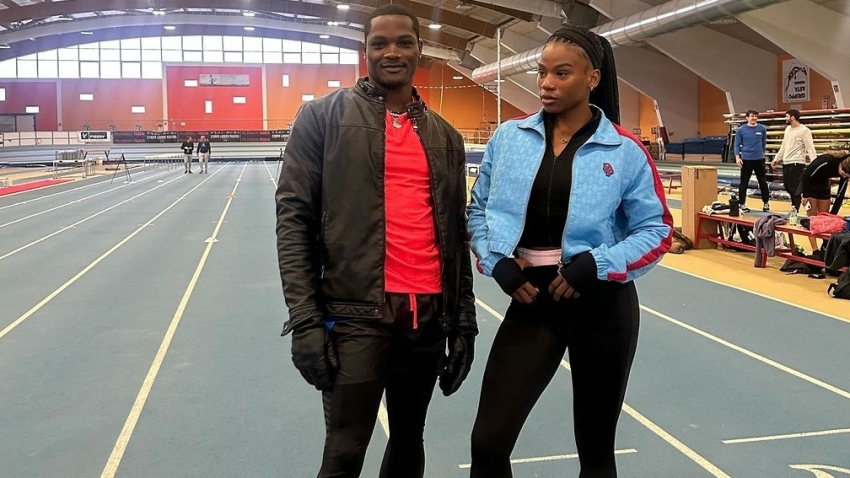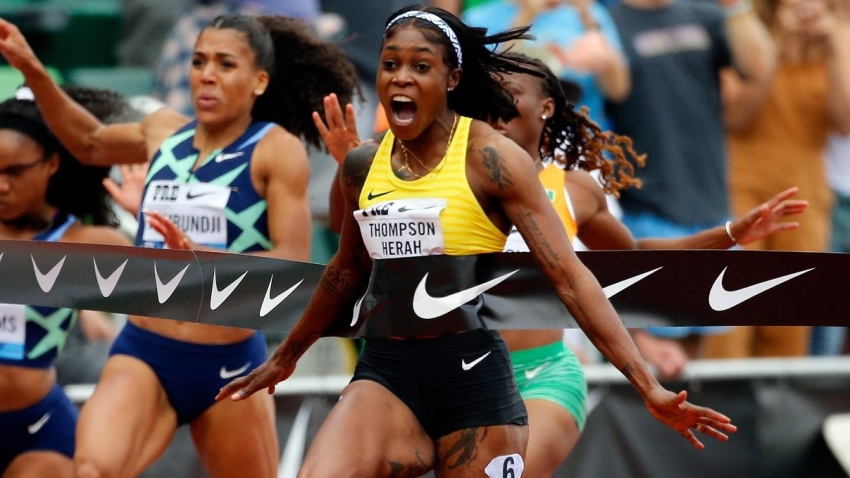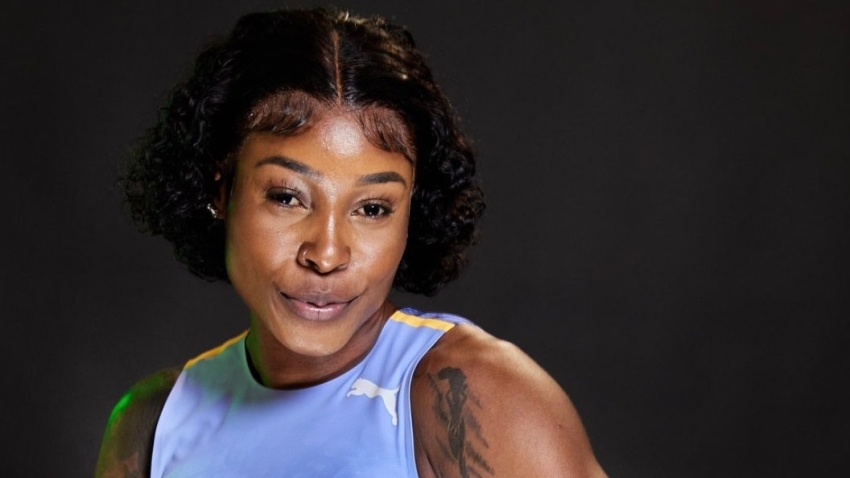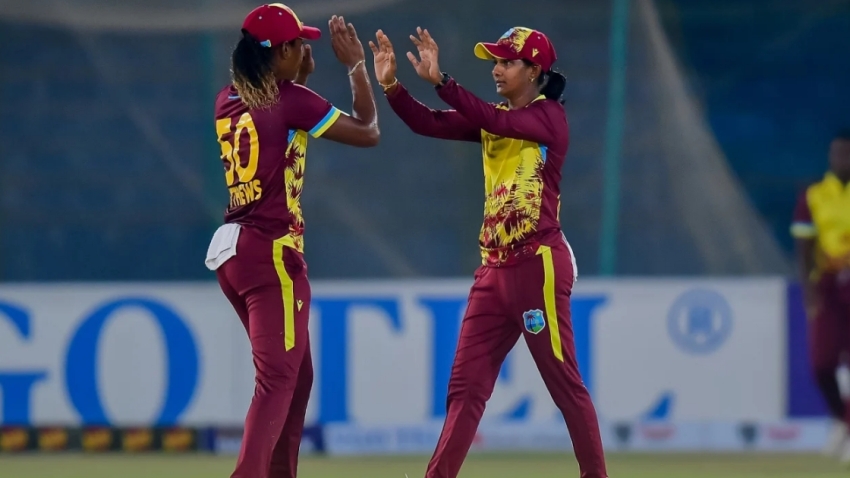While acknowledging that playing in Australia has assisted in her development as a player to arguably become the best goal shooter in the world, Jamaica's ace Jhaniele Fowler says international players have given the Super Netball competition more flavour and flair.
Fowler, who represents the West Coast Fever shared her views in the midst of a debate about whether Super Netball should have a cap on international players, who currently make up 17.5 per cent of all players in the tournament.
Fowler, a five-time league MVP, believes the competition should remain open.
“International players do come in and make the competition rounded and exciting. We do bring a little bit of different flavour, a bit of flair, but just more talents and more skill set,” Fowler said in a recent interview with the Sydney Morning Herald.
Though the Australia Football League (AFL), the Australia Football League Women’s (AFLW) and the A-Leagues don’t have any official caps on international players –with the caveat that salary caps can limit star imports –the Women’s National Basketball League (WNBL) limits imports to two per team, while the National Basketball League (NBL) is capped at three.
In a global context, the Women’s Super League soccer competition in England has a “home grown players” clause where in a squad of 25 players registered in their squad cap, there must be at least 15 registered home-grown players. A home-grown player is someone who, irrespective of their nationality, has been registered with a club affiliated to the Football Association for three seasons – or 36 months – before their 21st birthday.
In the UK-based Netball Superleague, teams are permitted up to two overseas players, but a team cannot have more than one overseas player in the attacking, midcourt or defensive positions on the court at once.
But, where Super Netball is concerned, Fowler is one of seven Jamaican players in the Australian league, including Thunderbirds defensive duo Shamera Sterling and Latanya Wilson and Collingwood’s Shimona Nelson.
For Fowler, moving to Australia has made her a more complete player, as she pointed to improvements to her craft under elite coaches and, by extension, playing against the best in the world each week. But in the same breath, she is of the view that it is also a two-way street, as the Jamaican players have made the game more exciting.
“They’re amazing, they’re so athletic,” said Fowler.
“Just week in, week out, when you see the Jamaican players go out there, the commentators, everyone, has to talk about them because they have made such an impact in this league in their teams,” she added.
Former Diamonds head coach, and a current coaching mentor, Lisa Alexander, didn’t think there should be a cap on international players, but her stance was different while she was Australia’s coach.
“As a national coach with a different purpose, I thought differently in the past and did call for restrictions to be two imports per team. If we eventually become the best in the world like the NBA [is to basketball], then we must have a draft and salary cap,” she said.
Alexander explained that, without a cap, the Super Netball competition would continue to provide a world-class competition for Australian athletes to compete in, week in, week out.
Netball legend and Hall of Famer Jill McIntosh praised the strength of the league but pushed for a cap on the number of international players allowed in the competition.
McIntosh, who captained Australia to their 1983 World Cup win, said that while imports have been good for the league, she is worried that without a limit, potential Diamonds players could be benched.
“We’re not in the Olympics, so our World Cup is our pinnacle,” McIntosh said. “I want to see the sport survive and thrive.”
Meanwhile, veteran netballer Ash Brazill said she would like to see more teams added to the competition to give more opportunities to local players, given the spots taken up by international players.
“I can’t wait to see extra teams added to our league because in the end there are only 80 spots, and we have 25 internationals. It’s pretty hard as Australians to get one of those 55 spots that are left. I think we definitely need some more teams for the Australian pool,” said Brazill.
However, Fowler reiterated international players also improve world netball by affording more opportunities for players in countries that don’t have avenues to develop or play.
“I reckon it should just stay open because, if you look, there are still teams in the league that do not really have an international player on their team yet. I reckon I can safely say that, and if anything, some teams just maybe have one international player,” Fowler argued.
She continued: “But I reckon, yeah, bring the international players in, also give them the experience because other countries don’t have the competition back home to develop players.
“So, it would be good for netball on a whole because then you will see that the competition is not just Australia, New Zealand, England or Jamaica in top four – other countries are putting out and delivering as well. And then netball is just going to be even more exciting. You just don’t want to see the same countries winning all the time.”
That international rivalry will be put on show at the upcoming World Cup in Cape Town in next month, but first Fowler has a Super Netball semi-final to win.
Despite West Coast having an inconsistent season with “ups and downs”, the 36-year-old Fowler said they are proud to have finished in third spot, meaning they take on Melbourne Vixens in a knockout grand final rematch in which the Fever will have home-court advantage.
“Definitely, it will be pretty good coming up against the Vixens. They’re going to be a really tough team to beat, but we know that we have what it takes to win,” Fowler declared.
“The green army, they’re really loud, and they also always help to get us over the line, so we’re going to make sure to capitalize on having the home court,” she ended.


